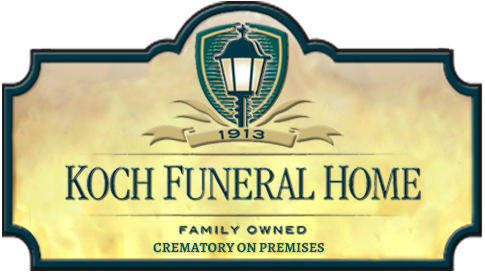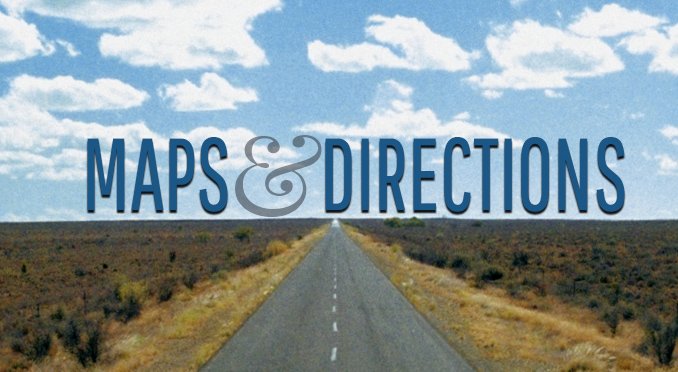2024 - January - CDT - Learning to Live: What's Your Story? - Grief as a Funeral Director
Grief as a Funeral Director
Ten years ago, on February 1, 2014, my wife Margie died. We were married for 50 years and eight months, and I still think of her every day. I always have a picture of her in my head and like remembering all the times we had together. I also like remembering how she was so supportive of my career – which caused our family to move multiple times – and how she understood my work and 24 hour-a-day, 7 day-a-week commitment as a funeral director.
Margie had been sick for a long time and had undergone various treatments which allowed her to continue functioning. I hadn’t expected her to die from this surgery, even though they said it was extremely dangerous, but it helped me to accept Margie’s death because she knew the risks and was clear she wanted the operation. She survived on life-support for five days after the surgery while we waited for our children to arrive and say their goodbyes. Once they disconnected life-support, Margie died within minutes.
These days, grief for me sometimes feels like a long alley where I’m looking at Margie standing at the other end. Other times, it just goes away and it’s completely out of my mind. But I can bring the emotions to the surface pretty quickly. As soon as I start thinking about Margie, my brain starts calculating many different thoughts. I can turn them off, but not permanently.
My brother Bernie died recently, and I was glad I was able to see him in the hospital before his death. I had another brother, Jack, who had a stroke at the age of 55 and lived to 76. He couldn’t talk, but he could communicate with us and let us know he wasn’t happy with his quality of life. Every death is different and our grief varies too. In some cases, knowing in advance your loved one is going to die causes you to grieve before, as well as after, their death.
The process of grieving my own losses has substantiated what I do. I have always had empathy for families I’ve dealt with, but because of my own losses, I can understand a bit better what they are going through.
I use the word empathy in my work rather than sympathy. For me, sympathy is internally feeling the grief the families are feeling, whereas empathy is caring for them and supporting their grief. As a funeral director, to best honor the families and their loved ones, I need to be primarily empathetic. I learned this lesson years ago. One night I was outside playing baseball with our neighbors’ child, and the next night that same child was hit by a car and died shortly afterwards. I felt deep sympathy for that family and it was very difficult to serve them well in my role as a funeral director.
We all go through grief over the death of our loved ones. As I said, every death is different and our grief varies as well. Grief is natural and when I sit with families I believe it’s better if they let grief happen instead of fighting it. In my experience you can’t avoid grief and that can be an issue for many people who try. I encourage families to not run away from it.
I believe strongly that ceremonies help the grief process. Visitations, funeral services, and memorial services open the door to the grief journey. In my 60 years of doing this work, time-and-time-again, I’ve seen the benefits of the ceremonial aspects of grieving.
For some families, the grief is so overwhelming it becomes difficult to even plan arrangements. For other families, it’s difficult to participate in the visitations and services. But many families come to me afterwards and tell me how relieved they were to have been part of the services because of what was said and done during that time. In all of those instances, the services helped people on their grief journeys by doing things like assisting them in accepting the reality of the death and receiving support from others.
Various religions have ceremonies and rituals in place to help deal with loss. These rituals enable people to know what’s coming and have certain expectations. But that’s missing for some people today as they move away from traditional religious situations in their lives.
Throughout my years, many have asked me how I deal with being around so much death and grief. One way I’ve learned to take care of myself is by having a transition time between work and home. I take a few moments to let go of my work day and enter my home life. For the most part, I can release the stories that I’ve heard, but some do take a while to clear out of my head.
When I first got into this work, I thought my job was about caring for the families and the deceased. When I moved to State College and purchased Koch Funeral Home, I thought my job was also about running a business in addition to caring for the families and the deceased. Today, I think my role is to help people begin their lives without their loved ones in a healthy way. Because of that, I continue to do this work as it gives me the opportunity to be with the families and my staff. It’s important for me to be with people on a daily basis. This helps me move my own grief as well as by spending time with good friends.
I like looking forward.







Comments